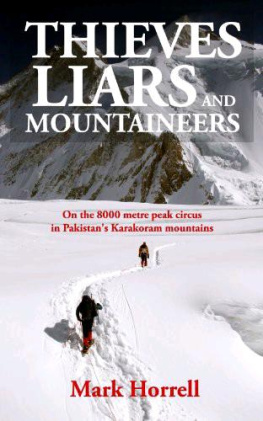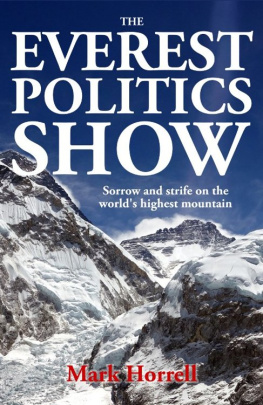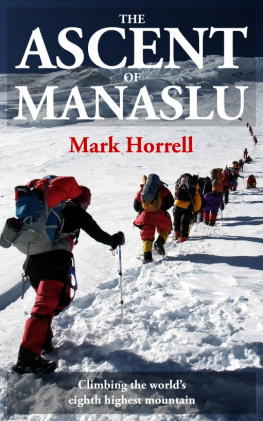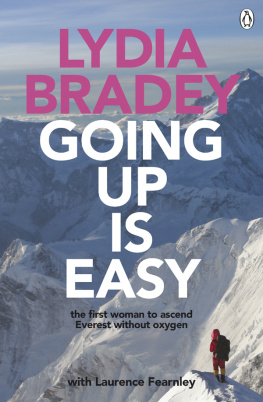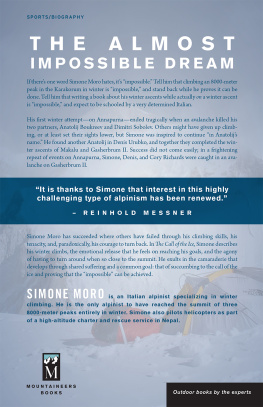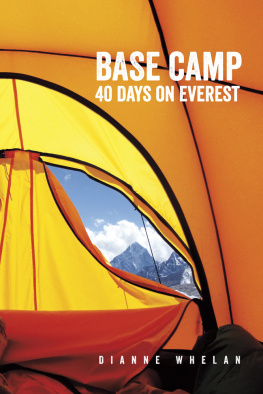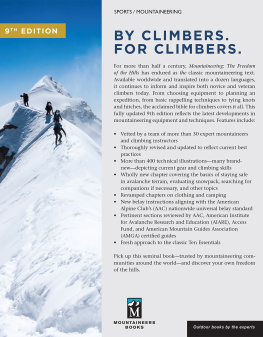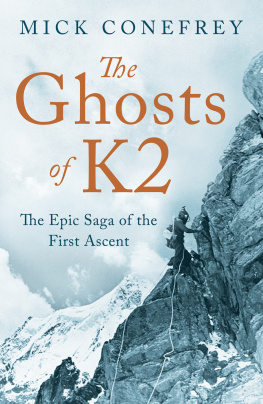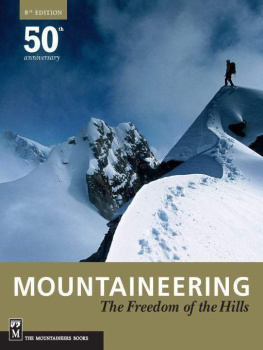by Mark Horrell
All text and photographs Mark Horrell, 2011
Thieves, Liars and Mountaineers
1. A western tourists observations about Pakistan
Thursday 11 June, 2009 Skardu, Karakoram, Pakistan
Well, we made it to Skardu in one piece, even if we didn't arrive in the manner we'd intended. After two cancelled flights from Islamabad we made the collective decision to drive up the Karakoram Highway instead, and arrived stiff-limbed and sore-necked at 1.30am last night after two full days on the road. We have a rest day here to stretch our joints before continuing our journey in jeeps tomorrow.
Despite the heightened security situation since my previous visit to Pakistan two years ago, I've found it more relaxing this time around, probably because I'm getting used to the country now. Perceptions of Pakistan in the West is that they hate westerners here, but in my view I've found the people nothing but friendly, if a little curious about foreigners.
Foreign tourists are certainly something of a rarity here. Since our arrival last weekend, Cassidy and Anna, two of the K2 trekking party, have been asked by a woman in a restaurant in Islamabad to have her photograph taken with them. Then at the Daman-i-Koh viewpoint above the city the following day, we were all given the same treatment when a man asked for his photo taken with all of us. Cassidy was then subjected to some intensive staring by a passenger in a bus while waiting in a traffic jam in Rawalpindi the poor chap had probably never seen a bare-headed woman in short sleeves before, and the effect produced may well have been similar to that of a topless woman sitting in a traffic jam in New York. Funniest of all was when we stopped for fruit at a roadside market in a town halfway up the Karakoram Highway. We'd been advised to keep a low profile, but the bright orange trekking tops and lime green shorts worn by Arian and Gorgan perhaps didn't fit into this definition and are rarely seen at markets in North West Frontier Province. Our driver decided this was a suitable moment to carry out some routine repairs to the vehicle, and half an hour later we were feeling liked caged animals in a zoo as a hundred strong crowd of beggars, hawkers, curious onlookers and at least one police officer gathered round to peer at the exotic wildlife inside our bus. Everything felt pretty relaxed, though, and at no point have I felt in any particular danger.
Islamabad feels more liberal than the other parts of Pakistan we've visited so far. A brand new city was planned and built on a grid system in the 1960s, rather like Milton Keynes, with tree-lined dual-carriageways bounding rectangular blocks of rectangular buildings, divided into commercial and residential sectors. During our drive up the Karakoram Highway women were seen very rarely, and those that were always wore long sleeves and had their heads covered (although full burkhas covering all but the eyes seem to be extremely rare), but in Islamabad women walk around openly. On the Karakoram Highway, the shalwar kameez is the standard clothing for both men and women, but in Islamabad western dress is common, though perhaps less so for women.
In Islamabad we stayed at a standard tourist hotel in one of the commercial sectors. Although there was an armed guard outside it, I felt confident enough walking around the various shops and restaurants in our block. Women there appear to be comfortable conversing with men without shame or embarrassment, though I don't remember ever speaking to a Pakistani woman outside of Pakistan's capital city. In one restaurant in Islamabad a waitress even felt confident enough to take the piss out of Phil Crampton, our expedition leader, when he asked for a medium steak.
Do you want it half-done? she asked.
No, I want you to cook the whole thing! he replied. He didn't realise that by half done' she meant medium'.
She started laughing at him. But of course we will cook the whole thing, sir, but how long would you like us to cook it for?
The drive up the Karakoram Highway is long but picturesque, becoming gradually more dramatic as you progress northwards. Beginning on green fertile plains and wide carriageways around Islamabad, the road heads north into the mountains, passing through towns and villages as it climbs through alpine pine forests, before eventually reaching the banks of the wide Indus River and contouring high along its gorge. For the first eight hours of the drive the road is heavily populated, creating a problem for Cassidy and Anna, who are unable to get out for a pee for fear of attracting an audience.
We stop for the night in the town of Besham in the district of Swat. This is one of the areas of Pakistan currently considered a security risk as Government forces are fighting a war against the Taliban nearby, but we arrive after nightfall, stay in a secure hotel behind a guarded compound, and are away by 6am the following morning.
Beyond Besham the terrain becomes steadily more arid, and the mountains more jagged and dramatic. Sadly, by the time we pass Nanga Parbat, the 9 th highest mountain in the world, towering 7km vertically directly beside the road, the sky has clouded over and a dust storm is brewing. Although I had good views of the mountain last time I came this way, this time we continue past grabbing only occasional glimpses. At 7pm we turn off the main highway and continue to follow the Indus to Skardu. The gorge has narrowed considerably and the rocky hillsides hug us more closely on both sides, but night falls quickly, hiding this impressive terrain for the remainder of the journey.
Briefly exploring Skardu
After lunch today we spend an hour or so repacking our kit and arranging porter loads for the trek. I rearrange my two kit bags so one is full of climbing kit which can go straight to Base Camp. The maximum porter load is 25kg, but porters are paid the same wage regardless of the size of their load, so we spend some time optimising our loads so that none of this porter quota is wasted, since we'll be having over a hundred porters transporting all our equipment to Base Camp and it would get considerably more expensive if we didn't do this. I have a 3kg Poisk oxygen cylinder thrown into my bag to bring its weight up to 25kg.
Afterwards I wander around Skardu with Ian, a friend of mine from a previous expedition to the North Col of Everest, and Gordon, a diminutive self-deprecating Canadian with a fine line in sarcasm. Skardu, like Leh in Northern India, is a trekking and climbing centre lying in a very picturesque setting on the banks of the Indus River, an oasis of poplars and eucalyptus trees in the desert, surrounded by high, rocky mountains. Unlike Leh, however, the shops are a bit more ropey, selling all sorts of junk but little in the way of decent trekking and climbing gear, there are no restaurants and, of course, no bars in a country where alcohol is illegal. This place has plenty of potential as a buzzing tourist centre serving the Karakoram, and there are a few things to do in the surrounding area, such as visit some nearby lakes, or a fort up on a cliff above the town, but this potential has not yet been realised, and it doesn't look like happening any time soon. Today, it's hot, dry and dusty, cars hare up and down the single main street, and it's not a particularly pleasant stroll. I decide to go back to my room at the Masherbrum Hotel and read my book.
In the evening the clouds draw in, the wind picks up and it's noticeably colder. Something I've eaten has disagreed with me, and just before dinner I start vomiting. I'm unable to force down any food at dinner which doesn't come straight back up again, but the positive side is that if I'm going to have funny things happening to my stomach it's best to get them out of the way right at the beginning of the trip.

